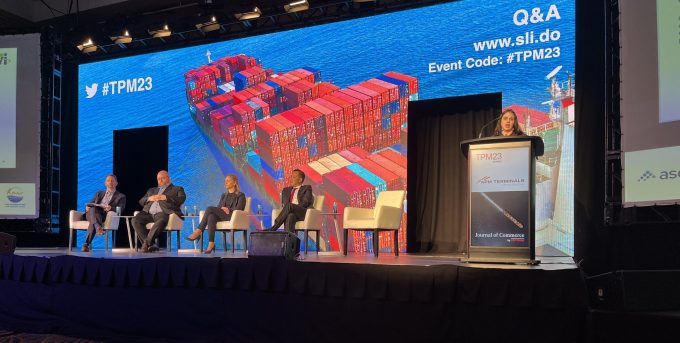Deal talk, new partners and codswallop in logistics
It’s a wrap…

One year ago, there were more than 100 ships waiting outside the ports of Los Angeles and Long Beach, loaded to the gunnels with imports from Asia.
With premium fees, shippers were paying up to $20,000 to ship a 40ft container from China to the US ...
CMA CGM South Korean staff strike over bonuses after bumper 2024 profit
MSC switches two more Asia-Europe port calls from congested Antwerp
CMA airline returns two freighters, while ANA takeover of NCA looms
Nightmare for Bangladeshi exporters as congestion and tariffs bite
Tradelanes: Export boom in Indian sub-continent triggers rise in airfreight rates
Carriers introduce surcharges as congestion builds at African ports
Mexican airport modernisation plan unlikely to boost cargo facilities
Ports and supply chain operators weigh in on funding for CPB

Comment on this article